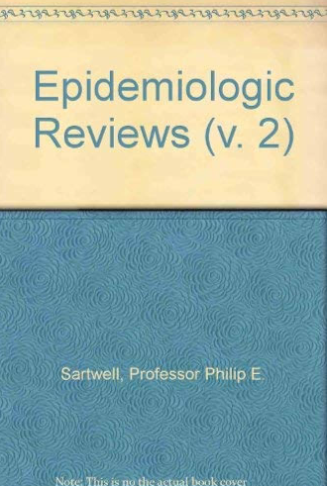Evaluation of the epidemiological efficacy of eradicating Helicobacter pylori on development of gastric cancer.
IF 3.8
2区 医学
Q1 PUBLIC, ENVIRONMENTAL & OCCUPATIONAL HEALTH
引用次数: 7
Abstract
Eradication of Helicobacter pylori (H. pylori) colonization has been reported to affect the progression of gastric cancer. A comprehensive literature search was performed from 1997 to 2017 through the electronic database. All randomized controlled trials (RCT) and non-randomized controlled trials (non-RCT) evaluated the effect of H. pylori eradication on development of gastric cancer. Four RCTs and nine non-RCTs were included, with a total of 40,740 participants (321,269 person-years). Overall, H. pylori eradication therapy was associated with a significantly reduced the risk of gastric cancer (Incidence rate ratio, IRR = 0.52, 95% CI: 0.41, 0.65). Results of mixed-effect Poisson regression meta-analysis were similar with traditional meta-analyses. In stratified analyses, the IRRs were 0.59 (95% CI: 0.41, 0.86) in RCTs and 0.48 (95% CI: 0.36, 0.64) in non-RCTs. The IRRs were 0.45 (95% CI: 0.34, 0.61) in patients and 0.63 (95% CI: 0.44, 0.90) in population. Moreover, the relative risk reduction was approximately 77% on the development of non-cardiac gastric cancer for H. pylori eradication therapy in China. Attributable risk percentage and population attributable risk percentage for Chinese patients were 77.08% and 75.33% and Japanese patients were 57.80% and 45.99%. In conclusion, H. pylori eradication therapy reduces the risk of developing non-cardiac gastric cancer, the findings indicate the importance of early intervention of H. pylori eradication therapy from the perspective of epidemiology.根除幽门螺杆菌对胃癌发生的流行病学疗效评价。
据报道,根除幽门螺杆菌(h.p ylori)定植会影响胃癌的进展。通过电子数据库对1997 - 2017年的文献进行全面检索。所有随机对照试验(RCT)和非随机对照试验(non-RCT)都评估了根除幽门螺杆菌对胃癌发展的影响。纳入4项随机对照试验和9项非随机对照试验,共40740名受试者(321269人-年)。总的来说,根除幽门螺杆菌治疗与显著降低胃癌风险相关(发病率比,IRR = 0.52, 95% CI: 0.41, 0.65)。混合效应泊松回归meta分析结果与传统meta分析结果相似。在分层分析中,随机对照试验的irr为0.59 (95% CI: 0.41, 0.86),非随机对照试验的irr为0.48 (95% CI: 0.36, 0.64)。患者的irs为0.45 (95% CI: 0.34, 0.61),人群的irs为0.63 (95% CI: 0.44, 0.90)。此外,在中国,幽门螺杆菌根除治疗可使非心源性胃癌的相对风险降低约77%。中国患者归因风险率和人群归因风险率分别为77.08%和75.33%,日本患者为57.80%和45.99%。综上所述,幽门螺杆菌根除治疗降低了发生非心源性胃癌的风险,从流行病学角度提示早期干预幽门螺杆菌根除治疗的重要性。
本文章由计算机程序翻译,如有差异,请以英文原文为准。
求助全文
约1分钟内获得全文
求助全文
来源期刊

Epidemiologic Reviews
医学-公共卫生、环境卫生与职业卫生
CiteScore
8.10
自引率
0.00%
发文量
10
期刊介绍:
Epidemiologic Reviews is a leading review journal in public health. Published once a year, issues collect review articles on a particular subject. Recent issues have focused on The Obesity Epidemic, Epidemiologic Research on Health Disparities, and Epidemiologic Approaches to Global Health.
 求助内容:
求助内容: 应助结果提醒方式:
应助结果提醒方式:


